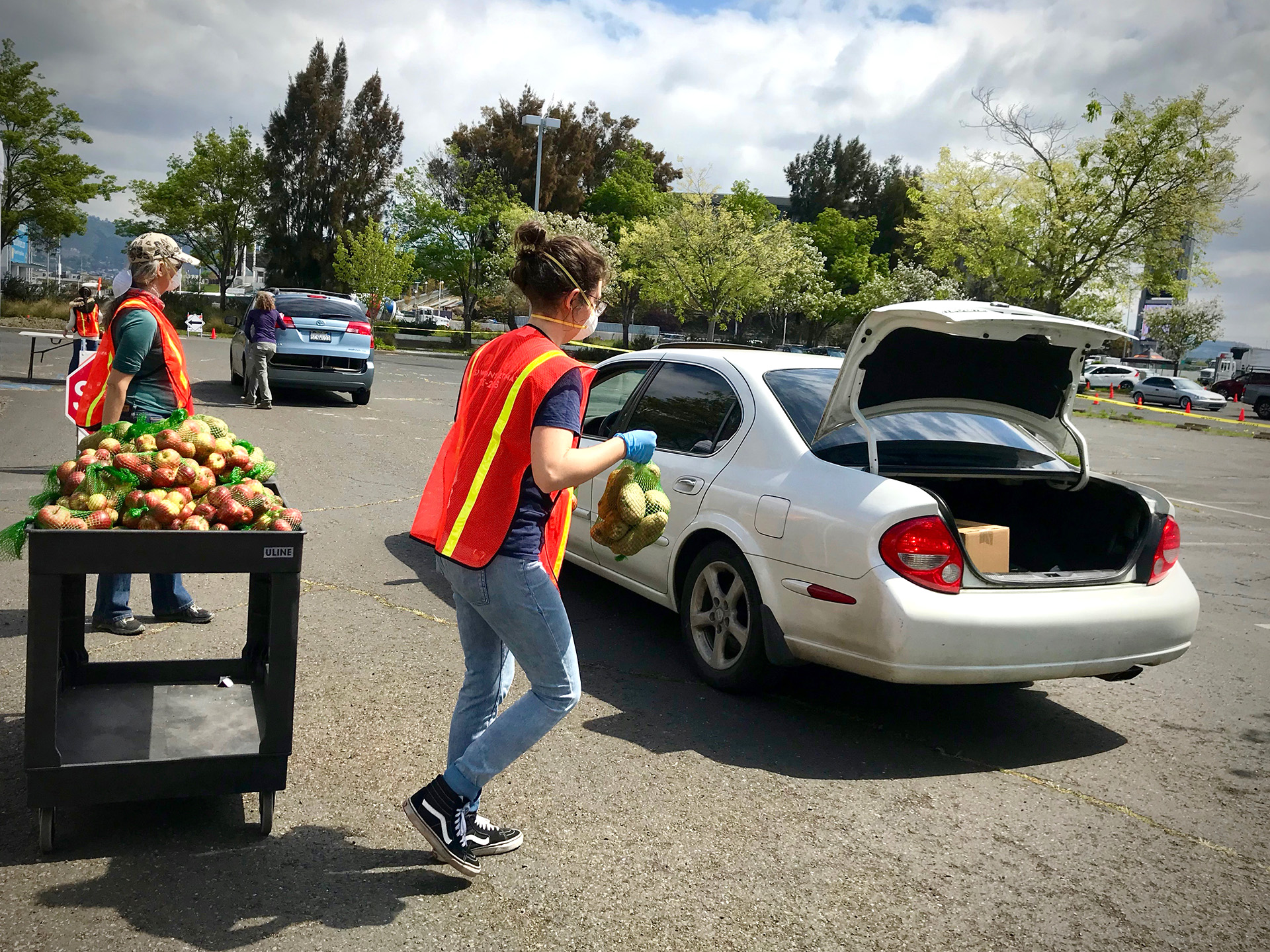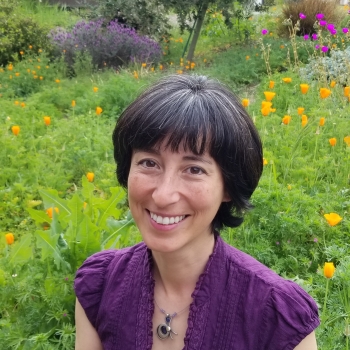The coronovirus health emergency and shelter-in-place conditions have drastically impacted our lives and communities, from people losing their jobs and food insecurity on the rise, to new restrictions on reusables. But we're also seeing neighbors readying their green spaces to grow food, and the most loyal still hand carrying items from the store to avoid a disposable bag. Many of these changes have also impacted StopWaste's usual programming. In response we are focusing our outreach on:
- Helping residents get the most out of their food with easy tips on StopFoodWaste.org and social media.
- How-to videos and updated resources to help people build healthy soil and succeed in their gardens.
- Digital resources and activities for students learning at home.
- Keeping the public informed about changes in reusables.
- Tracking and supporting food recovery partners and organizations.
- Encouraging residents to safely hold on to hazardous waste materials and bulky items until services resume.
- Reminders to recycle right and keep it clean - wipes and gloves go in the garbage, not in our drains and parking lots.
As the conditions shift, so too will our outreach and messaging in order to respond to the needs of our community. Please follow us on Facebook, Instagram, Twitter, and YouTube for regular updates.


